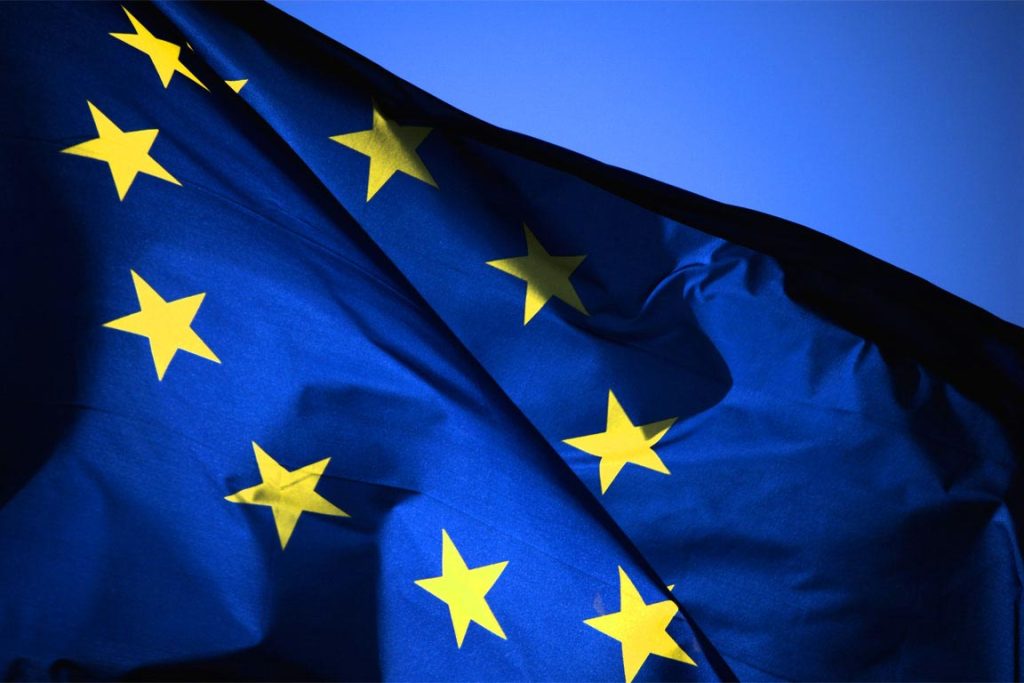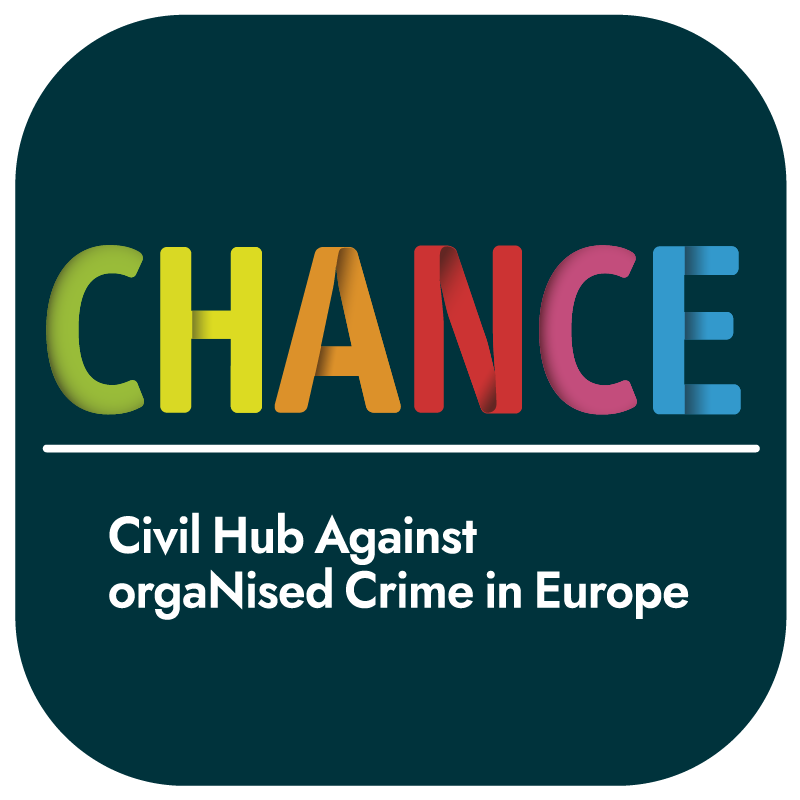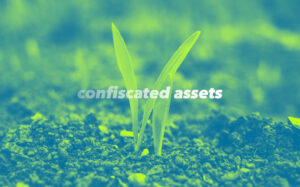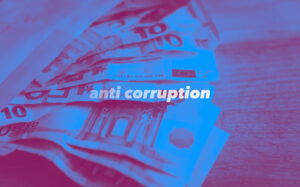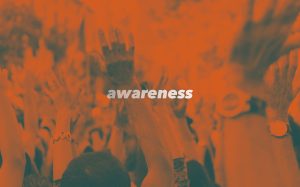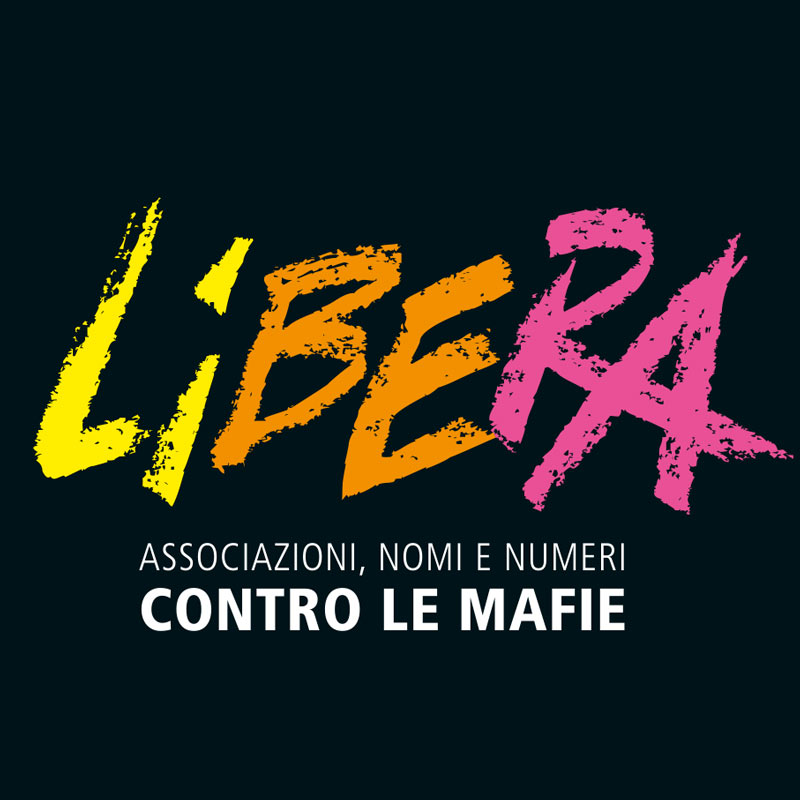The promotion of public and social reuse of confiscated assets as an innovative opportunity for social inclusion
The implementation of article 10.3 of Directive 2014/42/EU
Directive 2014/42/EU on the freezing and confiscation of instrumental assets and proceeds of crime in the EU has introduced minimum rules on the freezing of assets with a view to possible subsequent confiscation and on the confiscation of assets in criminal matters. In particular, Article 10.3 of the Directive stresses that Member States should consider allowing confiscated assets to be used in the public interest and/or for social purposes.
The European CHANCE network’s advocacy has increasingly become concrete actions, with the main objective of making the practice of public and social re-use an alternative development model to that of organised crime.
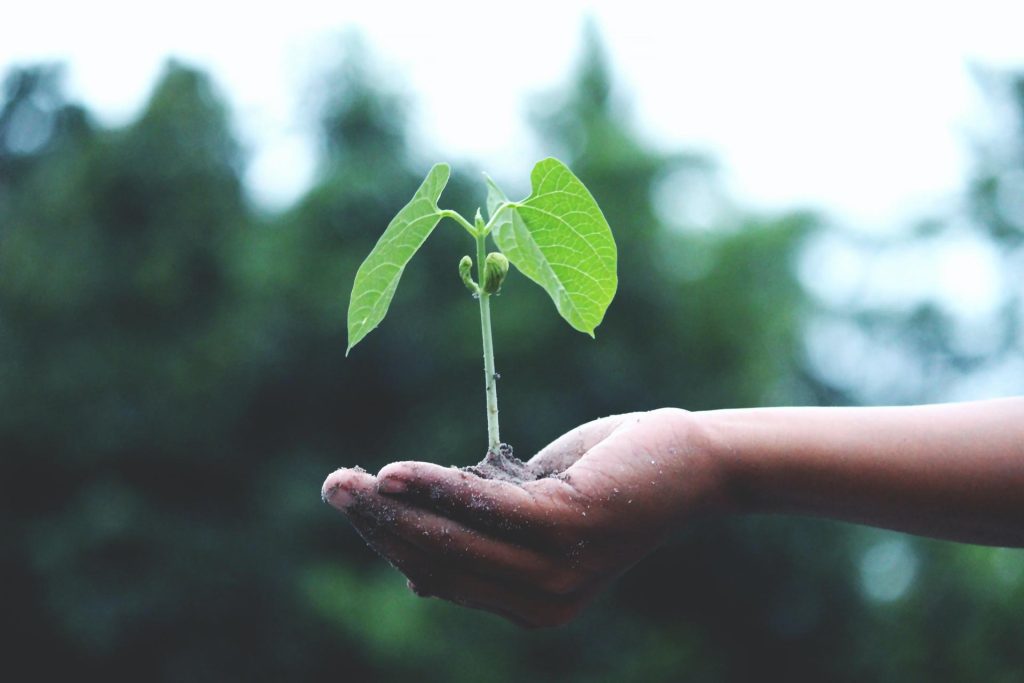
The promotion of social reuse in South-Eastern Europe
In line with our commitment at EU level, we are improving our action of promotion for the social (and public) reuse of confiscated assets in the Balkans. In particular, we are implementing different projects in the exchange of good practices in Albania, including the enhancement of the social enterprises and the creation of an integrated process of asset management among public institutions and Civil Society organisations. At the same time, we have implemented training and workshops in Bosnia Herzegovina, the Republic of North Macedonia, Montenegro and Serbia for capacity-building of local / national authorities and CSOs.
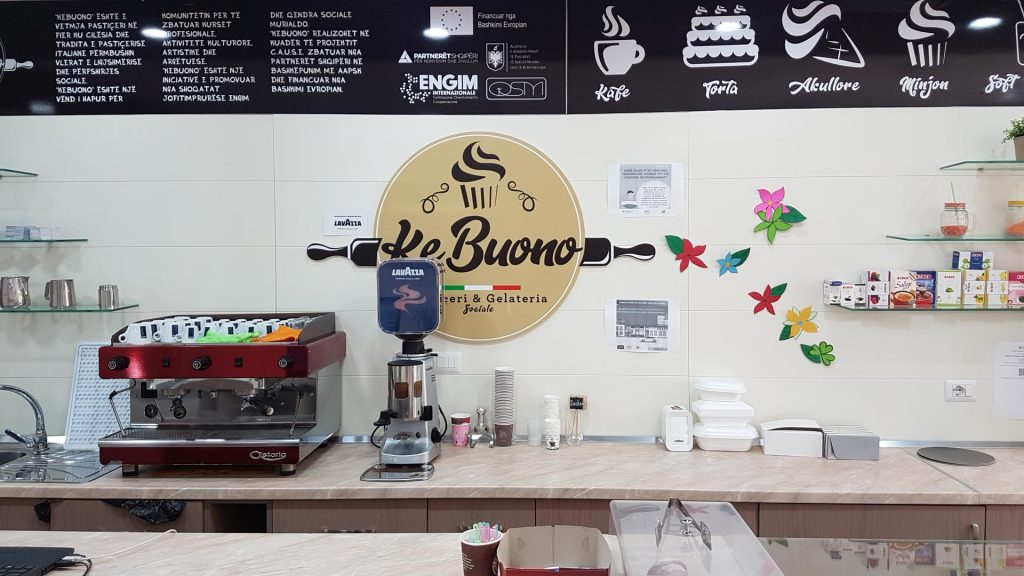
The projects on public and social reuse of confiscated assets
Even if Article 10.3 of Directive 2014/42/EU has been transferred in the national legislation of 19 EU Member States, it is not so easy to implement it in an effective way. For this reason, through specific actions – mostly of the time in cooperation with different partners and authorities – we want to raise awareness on the opportunity of ensuring real estate renovation and conversion. From educational projects to monitoring actions, we are convinced of the importance to know well the needs and contexts in which we would improve the social reuse of confiscated assets to create a smarter exchange of good practices.
